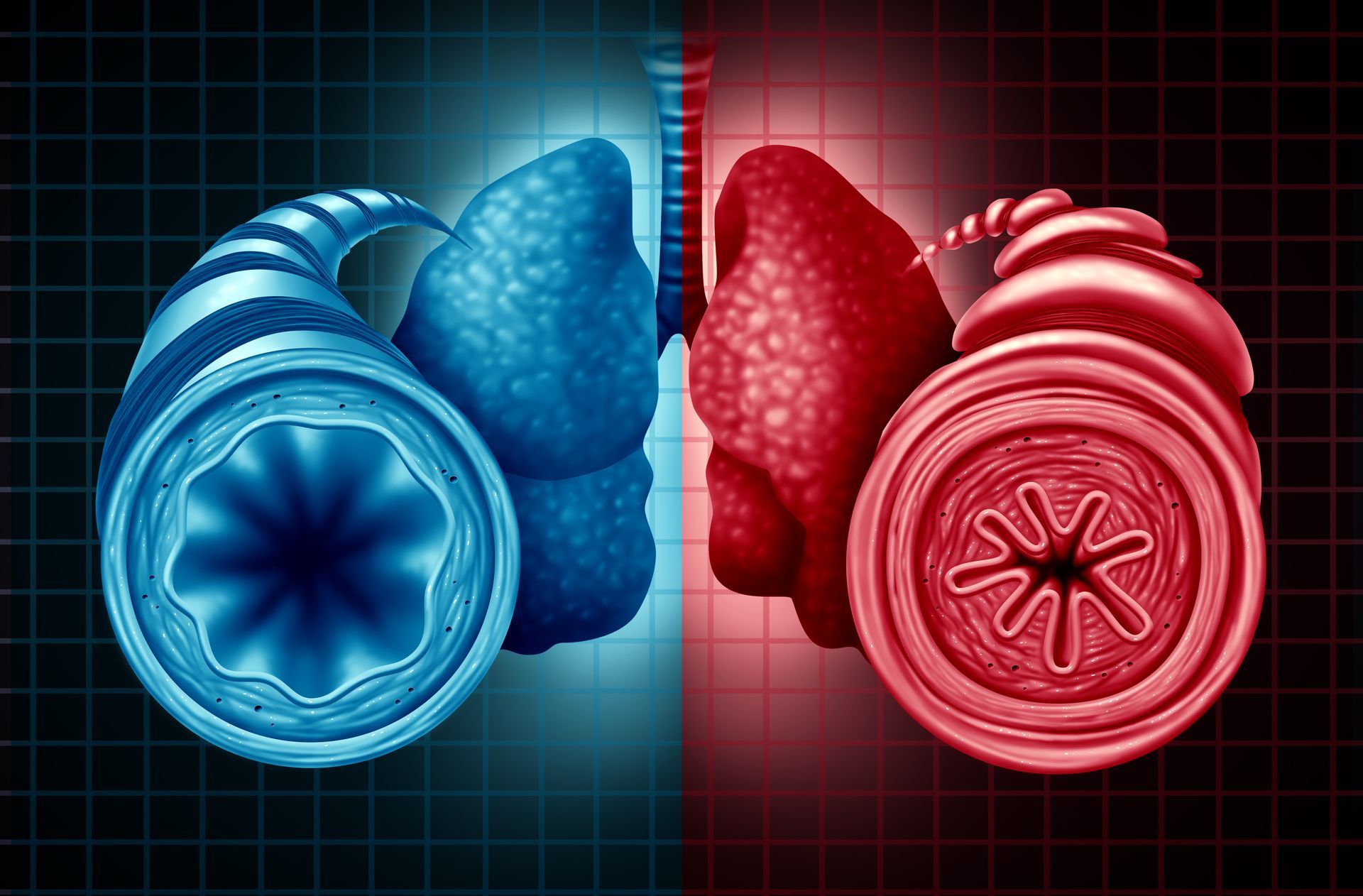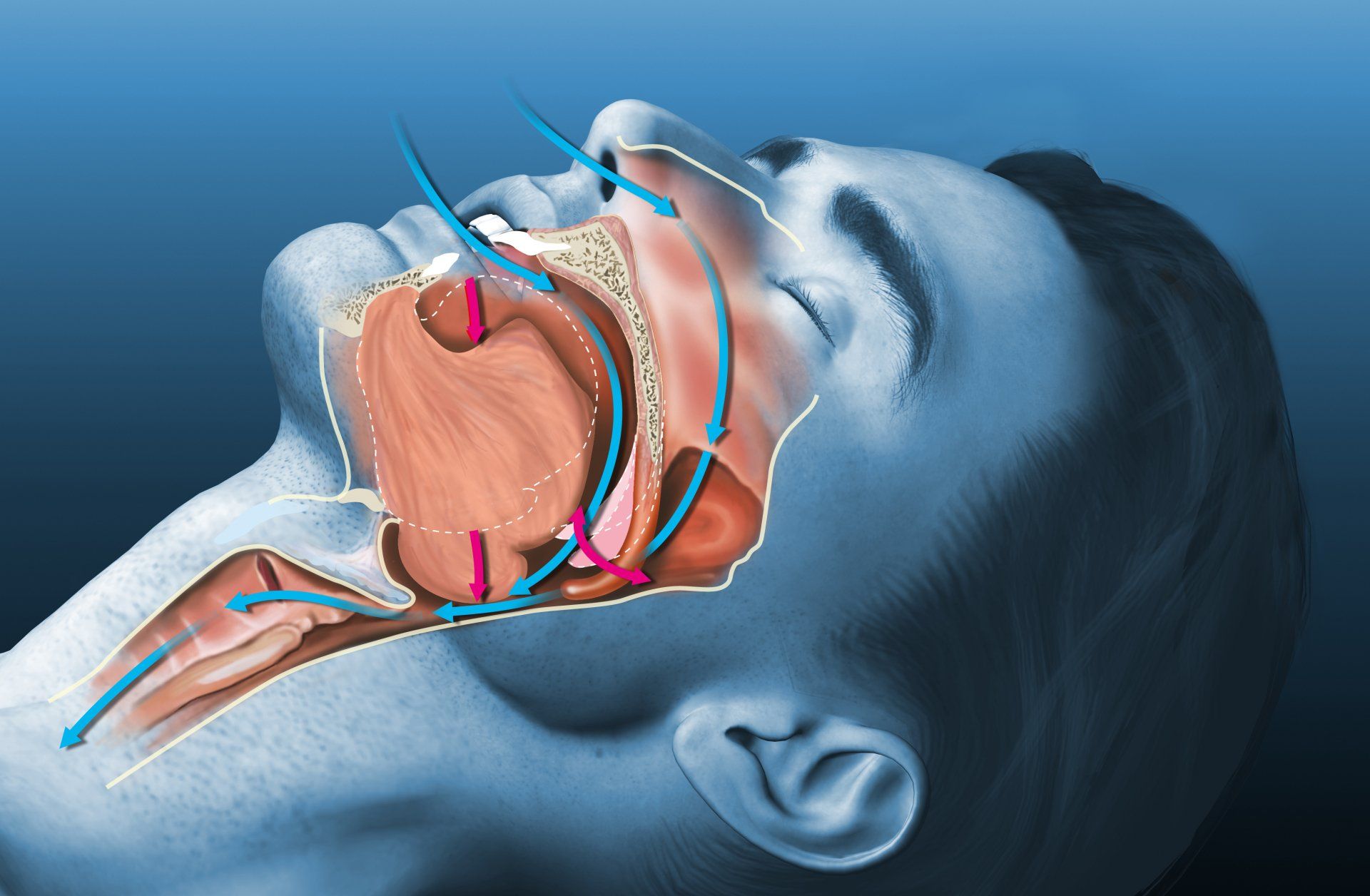COPD vs Asthma: How to Tell the Difference
Chronic obstructive pulmonary disease (COPD) and asthma are two chronic lung diseases that can cause a variety of symptoms, including shortness of breath, wheezing, and coughing. While these two conditions share some similarities, there are also some important differences between them.
In this article, we will discuss the symptoms and causes of COPD and asthma. We will also provide tips on how to tell the difference between these two conditions. Before that, let us define each condition.
What is COPD?
COPD is a group of lung diseases that results in difficulty breathing. The common types of COPD are chronic bronchitis and emphysema. Chronic bronchitis is a condition that causes inflammation and narrowing of the airways. Meanwhile, emphysema is a condition that damages the air sacs in the lungs.
COPD can occur due to the following reasons:
Smoking
Smoking remains the top culprit for COPD,
with 25% of chronic smokers developing the condition. Cigarettes contain harmful substances that can damage your lungs and airways over time—ultimately resulting in difficulty breathing.
It is crucial to note that the risk of COPD doesn’t only apply to active smokers but secondhand smokers as well. A
Health Survey for England study found that those who never smoked doubled their chances of developing COPD if their smoke exposure exceeded 20 hours per week.
Occupational exposure
Working in industries like coal and mining means exposure to dust, fumes, or chemicals, increasing your likelihood of developing COPD. Some substances linked to COPD include grain and flour dust, silica dust, and welding fumes, as listed in the UK’s
Health and Safety Executive.
Air pollution
Air pollution is made up of harmful gases and particles in the air. These pollutants can irritate the airways and lungs if there is constant heavy exposure. The type of air pollution most likely to cause COPD is particulate matter (PM), which can come from various sources, including cars, trucks, power plants, factories, and construction sites.
What Is Asthma?
Asthma is a chronic respiratory condition characterised by inflammation and narrowing of the airways, resulting in breathing difficulties. According to the World Health Organisation, the disease affected 262 million people and caused 455,000 deaths globally in 2019.
While the exact cause of asthma is unknown, it is believed that several factors, including genetics and environmental factors, can increase one’s risk of developing the condition.
Genetics
Asthma may run in families, suggesting a genetic predisposition to the condition. If you have a family history of asthma, you may have an increased risk of developing it yourself.
Allergies
Allergic asthma is the most common form of asthma. It is triggered by exposure to allergens, such as dust mites, pollen, pet dander, mould spores, and foods.
Environmental factors
Exposure to tobacco smoke, air pollution, strong chemicals and dust can contribute to the development of asthma and exacerbate asthma symptoms.
Why People Confuse COPD And Asthma With Each Other
COPD and asthma have similar symptoms such as coughing, wheezing, and shortness of breath.
These overlapping symptoms can make differentiating between the two conditions challenging, especially in the early stages. Certain triggers like smoke and pollution can also trigger symptoms in COPD and asthma patients.
What Are The Differences Between COPD And Asthma?
Despite the similarities, there are key differences between COPD and asthma that help distinguish them. The underlying causes of the conditions differ significantly. COPD is primarily caused by long-term exposure to irritants such as cigarette smoke. In contrast, asthma is often a genetic condition triggered by an allergic reaction to specific allergens such as dust or mites.
Another difference lies in the progression of the conditions. COPD is a progressive disease characterised by a gradual decline in lung function over time. Asthma, however, can vary in severity and may have minimal symptoms, particularly with proper management.
Looking for COPD and asthma treatment?
Distinguishing between COPD and asthma is crucial for accurate diagnosis and effective management. Our doctors in Respiratory Medical Associates have years of experience treating respiratory conditions and understand the importance of personalised care.
Contact us today for a consultation.















